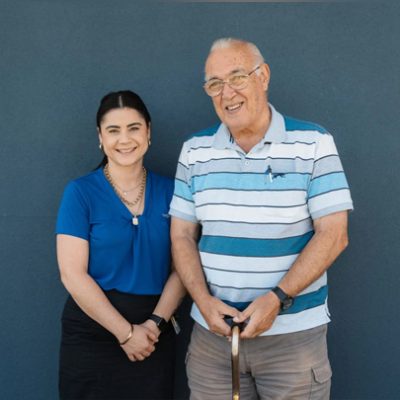
Proposals to dramatically boost or abolish lifetime contribution caps for aged care, and to impose stiff fines and jail terms for directors, are two of the key sticking points preventing a deal between the Albanese Government and the Opposition on aged care reforms. Source: AFR.
Discussions have reached such an impasse that the Opposition wants the Government to release the proposed reforms for public scrutiny to help shape decision-making.
The reforms, based on recommendations from a government-chaired task force, include lifting the lifetime contributions cap for residential care from the current level of $76,096 to $190,000. The cap would be abolished altogether for home care.
The cap is the maximum a person can pay for their aged care over a lifetime and applies only to direct care costs. It does not include extras such as top-ups for better services.
The care fee is means-tested using a combined income and assets test. However, the value of the family home up to only about $200,000 is included in the means test.
The Albanese Government baulked at lifting that threshold as part of the reforms, which aim to make people pay more for their aged care if they have the means to do so, and ease the financial burden on the taxpayer.
Instead, it proposed the much higher lifetime cap for residential care and removing it altogether for home care.
It is understood the Coalition is concerned about the new caps and wants additional information.
It is, however, opposed to outright jail terms and fines of up to $313,000 for directors for breaches of the tougher new standards for the sector.
Aged care providers say the proposed penalties will make it even harder to attract people to the sector.
The Albanese Government began the reform process in August last year following warnings from the aged care royal commission, called by the Morrison Government, that aged care would become increasingly unsustainable as the population aged and the workforce dwindled.
FULL STORY
Contribution caps to be raised or removed under aged care reforms (By Phillip Coorey, AFR)






